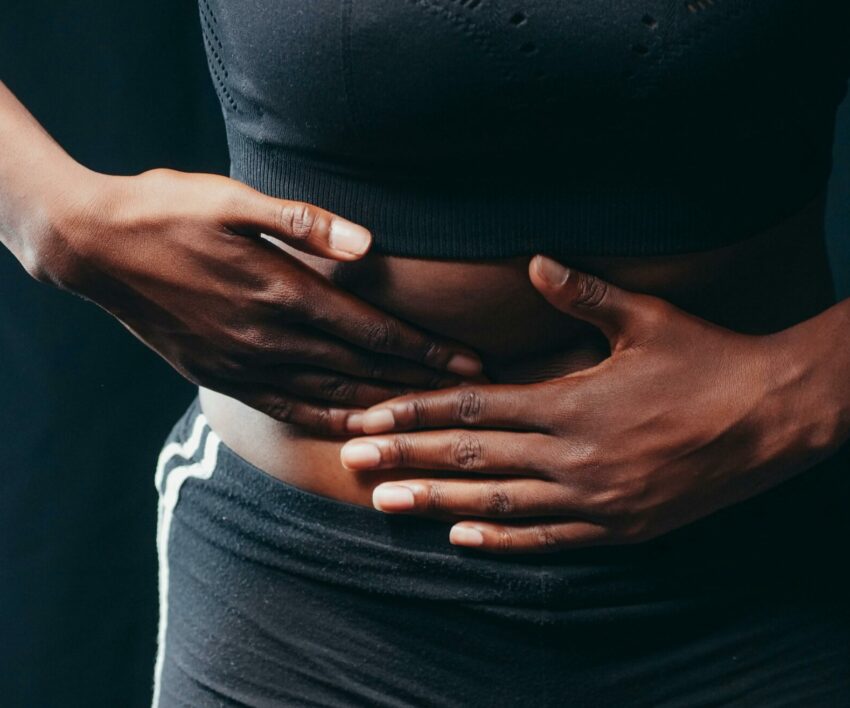
pain: picture: pexels
That sharp, nagging pain under your ribs can be more than just discomfort—it’s your gallbladder calling for attention. Whether it’s triggered by a heavy meal or an underlying issue, gallbladder pain can disrupt your day and dampen your mood.
However, you don’t have to suffer in silence. With the right tips and remedies, you can ease the pain and return to feeling your best. Here’s how to soothe the ache and reclaim your comfort.
The Cleveland Clinic explains that gallbladder pain is sudden, sharp, and constant pain in the upper right abdomen, causing severe discomfort. It is said to persist even when moving, passing gas or pooping, deep breathing, or eating.
Symptoms according to the above source include yellowing skin and eyes, nausea, vomiting, fever, chills, and light-brown or light-coloured poop. It is also mentioned that eating can exacerbate the pain.
When looking for natural ways to ease the pain, the Healthline publication states that regular physical exercise can improve the biliary tract, reduce cholesterol levels, and prevent gallstones from forming. The National Institute of Diabetes and Digestive and Kidney Diseases recommends 150 minutes of weekly physical activity.
Healthline also mentions that yoga can help with gallbladder inflammation symptoms, especially when combined with ayurvedic medicine. Dietary changes, such as reducing fat and consuming nutrient-rich foods like vegetables and fruits, are believed to help prevent gallstones.
“To relieve gallbladder pain, wet a towel with warm water and apply it to the affected area for 15-20 minutes. You can also use a heating pad or hot water bottle for the same effect. Repeat this process until the pain goes away.”
Prescription medications like antibiotics and ursodiol can help reduce gallbladder pain and infection risk in people not suitable for surgery due to poor health, claims Medical News Today.
The publication states that surgery is often safer than medical treatment, as an infected gallbladder can leak infected contents into the abdomen. Doctors can perform gallbladder removal surgery, or cholecystectomy, as a laparoscopic or open procedure, to enhance recovery and outcome, the mentioned source adds.
If surgery is not feasible, Medical News Today claims that a percutaneous transhepatic gallbladder drainage procedure, also known as biliary drainage, can help reduce bile buildup and prevent side effects.
Also see: Understanding the causes of Marburg, the bleeding eye virus that’s claiming lives in East Africa
